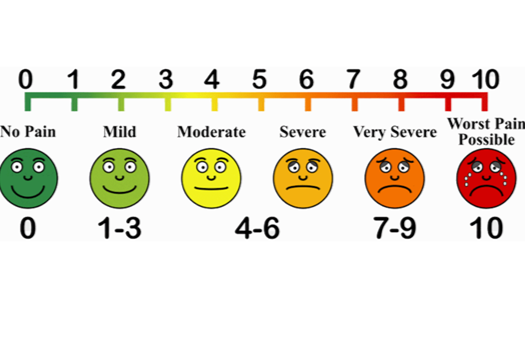On a scale of 1 to 10, using these emojis, what level of pain is your community in surrounding the overdose crisis?
September is National Recovery Month. For the first time in nearly three years, hundreds of thousands of communities, families, allies, and policymakers people will join together to pay tribute to the over 20 million Americans living in recovery from alcohol or other drug problems. They will walk, run, hold signs, and raise purple balloons to demonstrate how vital and valuable recovery is. While these homages signify vast support for those in recovery, it is time to encourage those in recovery and their allies to take the next step and lead efforts to shape the billions of dollars in future community investments from opioid litigation settlements attempting to save lives.
Realizing the closest people to the problem are the closest to the solution, in 2019, Emmy-winning Jeff Reilly and I set out to make a feature documentary and uncover a story about innovative community changes that had emerged in response to the worsening overdose and addiction epidemic.
However, we quickly realized that to tell the “Tipping The Pain Scale” story of what can be done differently, we had to “dig deep” with individual change agents working across different layers of societal impact. So, Jeff spent time with Roz Pichardo and Officer Josh De La Rosa on the streets of Philadelphia and Boston; he traveled West to Seattle and Olympia to unpack how Representative Lauren Davis had united a divided legislature through storytelling. He went to Las Vegas to ask the Raider’s pro bowl tight-end Darren Waller why he vocalized his own story and spent time in schools in Tennessee with the sensational Joseph Green. He tracked Marty Walsh’s journey from the Mayor of Boston to being President Biden’s U.S. Secretary of Labor nominee.
Through Jeff’s artful direction, he captures that each individual’s “why” stems from personal experience. Regardless of if they lived addiction and recovery or experienced trauma and watched their loved ones struggle, every leader in the film makes the issue personal and allows that to guide their courageous and disruptive spirits.
In solidarity with National Recovery Month, Tipping The Pain Scale is being released today. Now it can be found on most digital home video platforms, and through a partnership with the new non-profit production company, High Watch Media, it is available for community screenings and educational or organizational licensing.
Last week, on International Overdose Awareness Day, I had the privilege of participating in a sneak preview showing in Washington, D.C. alongside U.S. Labor Secretary Marty Walsh. Introducing Secretary Walsh was emotional. As a recovery advocate, I had followed his story for many years, and for us to be in this moment where the person in power to enforce the Mental Health Parity and Addiction Equity – a law that passed in 2008 – is a person in recovery provides a potent flashpoint to what is possible when individuals closest to the problem don’t just sit at the table, but they set the agenda.
On a scale of 1 to 10, how ready is your community to do something different in response to the overdose crisis?
If your emoji is yellow, orange, or red – perhaps it is time to not just celebrate those in recovery this month and invite “those” people to your meetings, but hand over the pen and let them design the agenda. I promise you, the plans they develop would not include continuing to try the same thing over and expecting different results.
Tipping the Pain Scale is now live on the following platforms:


